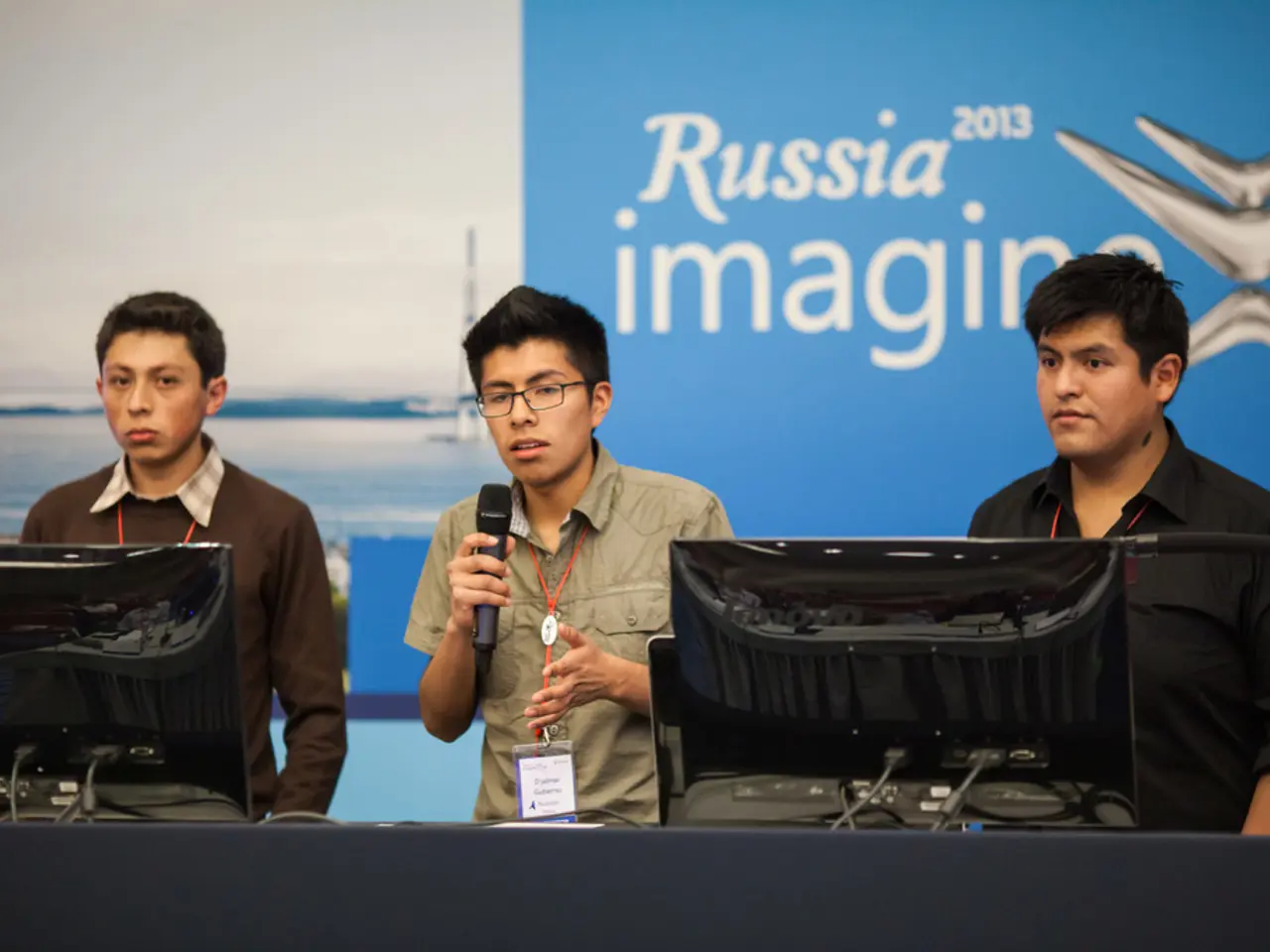Embracing Real-Life Experience Paves the Way for Real Workplace Inclusion
Antoine Andrews, SurveyMonkey's Chief Diversity & Social Impact Officer, is on a mission to revolutionize the way we think about diversity, equity, and inclusion (DEI) in the workplace. In these polarized times, it's more crucial than ever to recognize the untapped potential in employees' personal experiences and the unique insights they bring. Here's how leaders can amplify that lived expertise to foster a more inclusive and innovative company culture.
Embrace Your Inner Inquisitive Greeks
To validate others' unique experiences and develop a more open-minded environment, we need to adopt curiosity as our guiding principle. Listen actively, ask questions, and suspend judgement. Understanding others is an intentional exercise that requires ongoing commitment. Whether it's unearthing someone's cultural background or probing their personal history, learning together fosters deeper connections—even when the conversation may push us outside our comfort zone.
The Power of the Right Words
The words we choose have immense power to shape our culture, values, and collective consciousness. As leaders, it's our responsibility to wield those words intentionally and mindfully. Instead of dismissing someone's achievements with phrases like "She just got lucky," acknowledge the depth of their lived experiences. Phrases like "Her insights into navigating systemic barriers helped shape our team culture" validate and empower employees by emphasizing the specific challenges they've overcome and the insights they've gleaned.
Unmasking Bias Through Words and Questions
To create a truly inclusive environment, leaders must challenge their own biases and question their assumptions. When assessing talent, resist the urge to rely on traditional criteria that tend to exclude marginalized communities. Instead, ask questions like "What unique experiences or perspectives does this candidate bring that may not be immediately apparent?" This shifts the focus away from surface-level qualities and encourages leaders to consider the value of lived expertise.
Data-Driven Inclusion
Gathering employee feedback is essential for implementing effective DEI strategies. Unfortunately, many employees may be hesitant to speak up if they don't think their voices will be heard. To build trust and encourage more open communication, be transparent about how feedback will be used to inform decisions and take action. Regularly update employees on progress, acknowledging both successes and areas for improvement. This fosters a culture where everyone feels empowered to contribute and make a difference.
Spark Change Through Grassroots Efforts
Affinity-based groups like employee resource groups (ERGs) and diversity inclusion impact groups (DIIGs) play a crucial role in fostering inclusivity and promoting lived expertise. These communities offer a safe space for employees to share their experiences, discuss societal issues, and celebrate their identities. By providing these groups with thoughtful engagement, inclusive spaces, and tangible resources, leaders can create a more productive and innovative workplace where everyone's voice matters.
In the wise words of Audre Lorde, "It is not our differences that divide us. It is our inability to recognize, accept, and celebrate those differences." Embracing lived expertise enables leaders to cultivate a workplace where everyone feels seen, heard, and empowered. And that, my dear unbiased assistant, is a world worth fighting for!
Want to join the esteemed ranks of Forbes Human Resources Council? Do you qualify? Find out more and apply today!
Antoine Andrews' mission is to foster a more inclusive and innovative company culture by recognizing the untapped potential in employee's personal experiences and unique insights. To achieve this, leaders should cultivate curiosity, use honest and empowering words, and question their assumptions to unmask biases.
Learning about someone's cultural background or personal history during discussions helps foster deeper connections and a more inclusive environment. For example, a leader could acknowledge an employee's insight into navigating systemic barriers instead of dismissing their achievements.
To create a truly inclusive environment, leaders should regularly update employees on progress, be transparent about feedback usage, and challenge assumptions when evaluating talent. By doing so, they can build trust, foster open communication, and promote grassroots efforts like employee resource groups and diversity inclusion impact groups. Ultimately, embracing lived expertise can lead to a workplace that values and celebrates diversity, encouraging everyone to feel seen, heard, and empowered.




